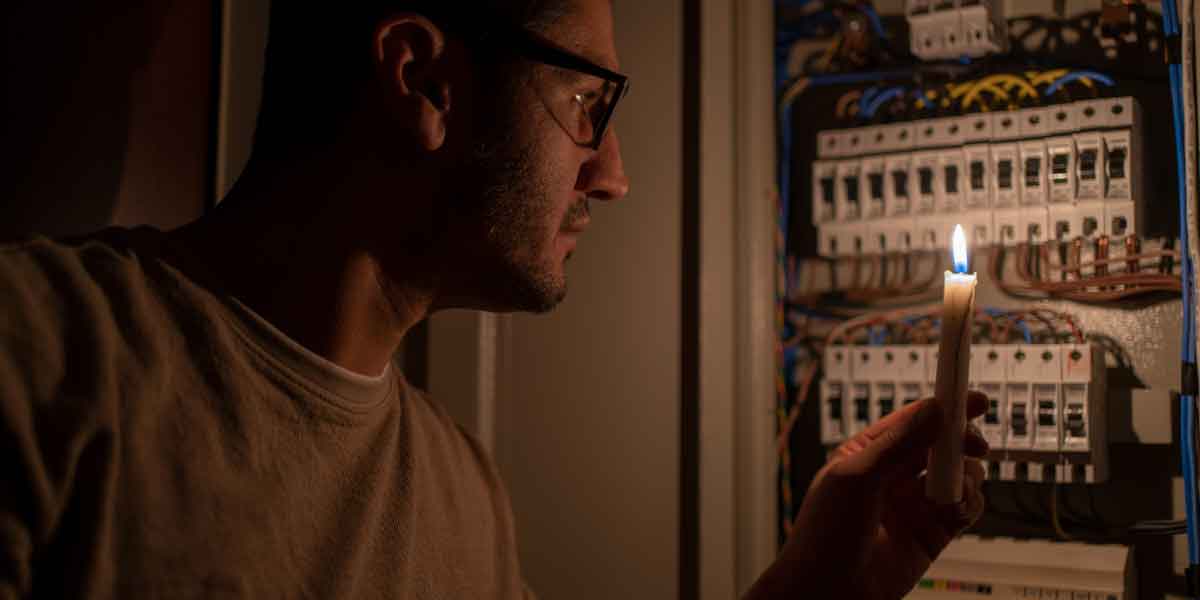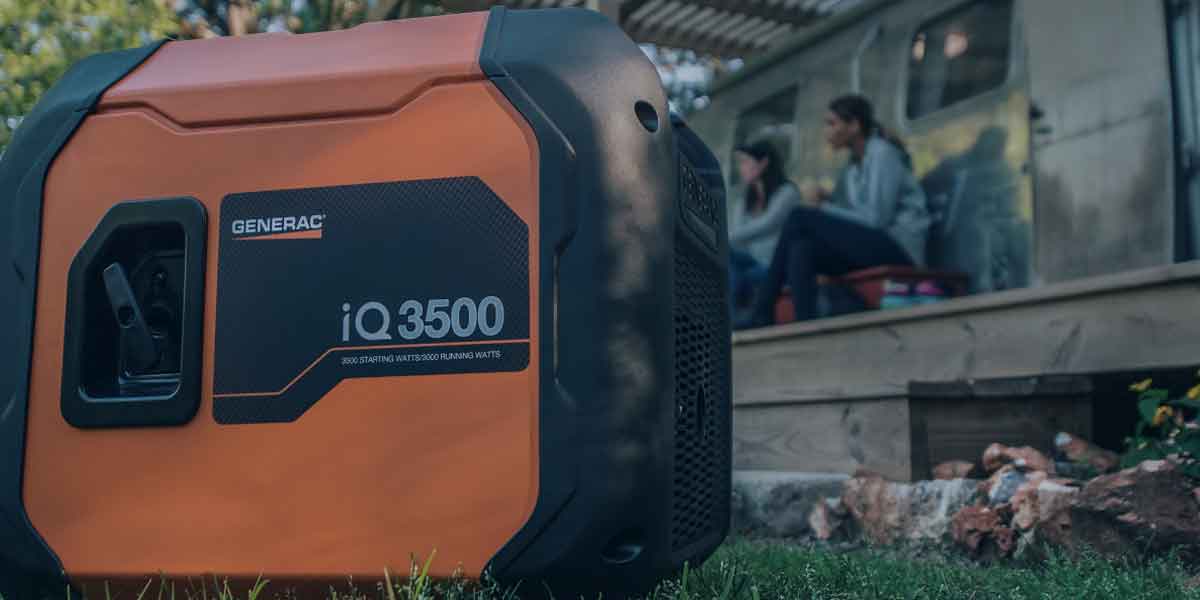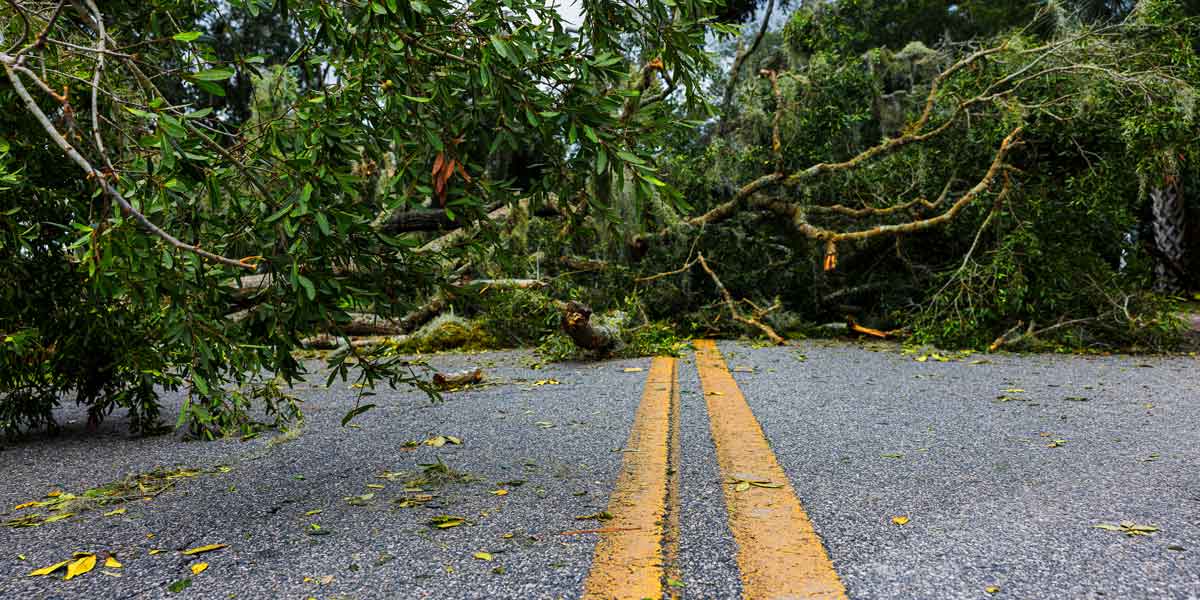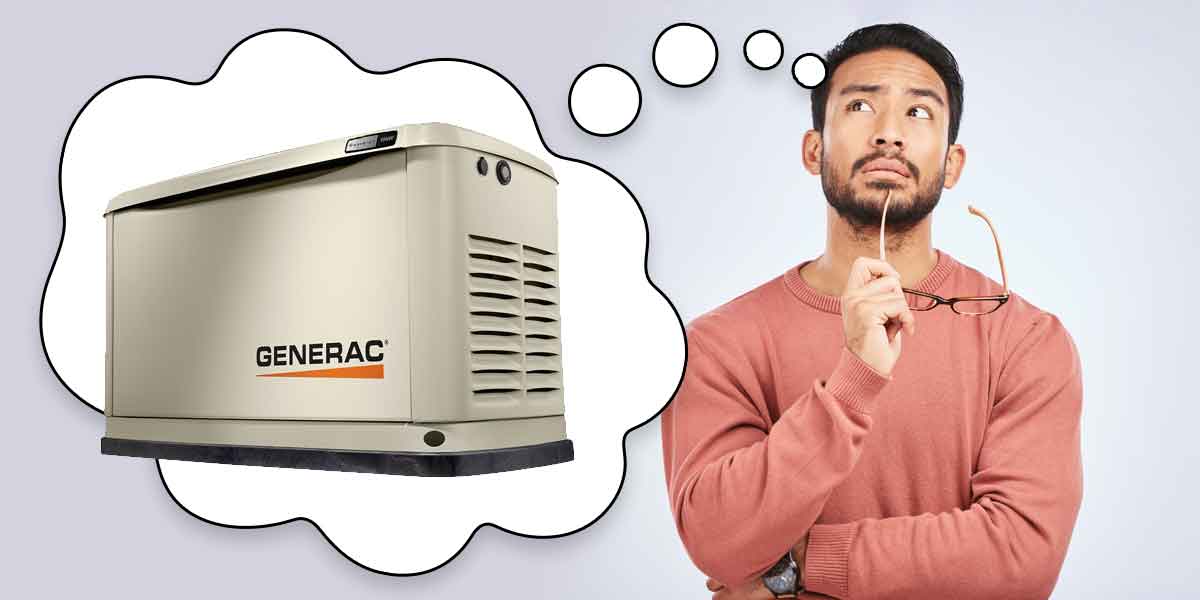Choosing the Right Generator for Emergencies
Emergencies like power outages can strike unexpectedly, leaving you without electricity for hours or even days. A reliable generator for emergencies can be a lifesaver, ensuring your home or business remains powered during these critical times. However, with so many options on the market, choosing the right generator can feel overwhelming. Fear not—this guide will illuminate your path to power security.
Why Invest in a Generator?
Generators provide backup power during outages caused by storms, grid failures, or other emergencies. Whether you want to keep essential appliances running, maintain business operations, or power medical equipment, a generator offers peace of mind by ensuring a steady power supply. Plus, no more scrambling for candles or eating questionable leftovers when the fridge stops running!

Types of Generators: Which Is Right for You?
Portable Generators
- Key Features: Runs on gasoline or propane; provides temporary power for appliances and small devices; portable design with wheels and handles.
- Best For: Short-term power needs, essential appliances like refrigerators and lights, and outdoor activities like camping or tailgating.
Standby Generators
- Key Features: Permanently installed; runs on natural gas or propane; provides seamless, automatic power backup; capable of powering an entire home or business.
- Best For: Long-term outages, homes with high power demands or medical equipment, and businesses requiring uninterrupted power.
Inverter Generators
- Key Features: Produces stable power suitable for sensitive electronics; runs on gasoline or propane; lightweight and quieter than traditional generators.
- Best For: Powering laptops, phones, and other sensitive devices; tiny homes; recreational use.
Determining Your Power Needs
Before purchasing a generator, calculate your power requirements to ensure your chosen model meets your needs. Here’s how:
- List Essential Appliances: Identify appliances and devices you want to power during an outage, such as refrigerators, lights, HVAC systems, and medical equipment.
- Check Power Ratings: Determine the wattage each appliance requires. This information is typically found on the appliance’s label or in its user manual.
- Calculate Total Wattage: Add the wattages of all the appliances you want to run simultaneously. Include an extra 20% as a safety margin for power surges.
Example Calculation:
- Refrigerator: 800 watts
- Lights: 200 watts
- Heater: 1500 watts
- Total: 2500 watts + 20% = 3000 watts
For this setup, you’ll need a generator with a minimum output of 3000 watts.
We Really Love Generac Generators
When selecting an emergency generator, Generac stands out for its reliability and advanced features. Their True Power Technology ensures high-quality power with less than 5% total harmonic distortion, protecting sensitive electronics. Additionally, the Mobile Link Remote Monitoring system allows you to oversee your generator’s status from anywhere via your mobile device.
As a certified Generac partner, Expert Electric offers professional installation and maintenance services, ensuring your generator operates seamlessly during power outages.
Investing in a Generac generator not only provides uninterrupted power during emergencies but also adds value to your property, offering peace of mind and enhanced safety for your home or business.

Key Features to Look For in a Generator
- Fuel Type
- Gasoline: Widely available but has a shorter shelf life.
- Propane: Cleaner burning with a longer shelf life but requires storage space for tanks.
- Natural Gas: Unlimited supply if connected to your home but not portable.
- Diesel: Efficient and durable but noisier and more expensive.
- Power Output Choose a generator with sufficient power output (measured in watts) to meet your needs. Opt for a higher wattage if you plan to add more appliances in the future.
- Run Time Look for a generator with a run time that matches your expected usage during an outage. Larger fuel tanks generally provide longer run times.
- Noise Level If you live in a residential area, consider generators with noise levels below 60 decibels (dB) for quieter operation.
- Portability and Size If you need a generator for multiple locations or outdoor use, prioritize portability. Size and weight are less critical for permanent installations.
- Automatic Transfer Switch (ATS) An ATS automatically switches power to the generator during an outage, ensuring seamless operation for standby systems.
- Parallel Capability Some inverter generators allow you to connect two units for increased power output, offering flexibility for growing needs.
Installation Considerations
Installing a generator involves several steps to ensure safety and efficiency:
- Location Selection Place the generator in a well-ventilated area at least 5 feet away from windows, doors, and vents to prevent carbon monoxide buildup.
- Professional Installation Standby generators require wiring, fuel line connections, and ATS setup. Portable models are plug-and-play but may need extension cords or a manual transfer switch.
- Permit Requirements Check local regulations for permits and codes before installation. Expert Electric can guide you through this process to ensure compliance.
Maintenance Tips
Proper maintenance ensures your generator performs reliably during emergencies. Follow these tips:
- Run Your Generator Regularly: Operate the generator monthly for 10-15 minutes to keep the engine in good condition.
- Check Oil Levels: Monitor and change the oil according to the manufacturer’s recommendations.
- Inspect Fuel Supply: Ensure fuel is fresh and stored safely. Add stabilizers to gasoline to extend its shelf life.
- Clean Filters and Components: Replace air filters and spark plugs periodically to maintain efficiency.
- Schedule Professional Inspections: Regular inspections ensure your generator operates optimally when needed.

Be Ready for the Next Power Outage with the Right Generator for the Job.
At Expert Electric, we understand the importance of having a reliable generator during emergencies. Here’s why Vancouver homeowners and businesses trust us:
- Expert Advice: Our team helps you choose the right generator based on your power needs, budget, and preferences.
- Professional Installation: We handle everything from wiring to fuel connections, ensuring a safe and efficient setup.
- Maintenance and Repairs: Regular maintenance services and quick repairs keep your generator running smoothly.
- Customer-Centric Approach: Your satisfaction is our priority. We’re committed to delivering quality service with a personal touch.
Contact Expert Electric Today!
Don’t wait for the next power outage to remind you how crucial a reliable generator is for your home or business. Contact Expert Electric for personalized advice and ensure you’re prepared for any emergency. Stay powered and confident with our trusted expertise.


